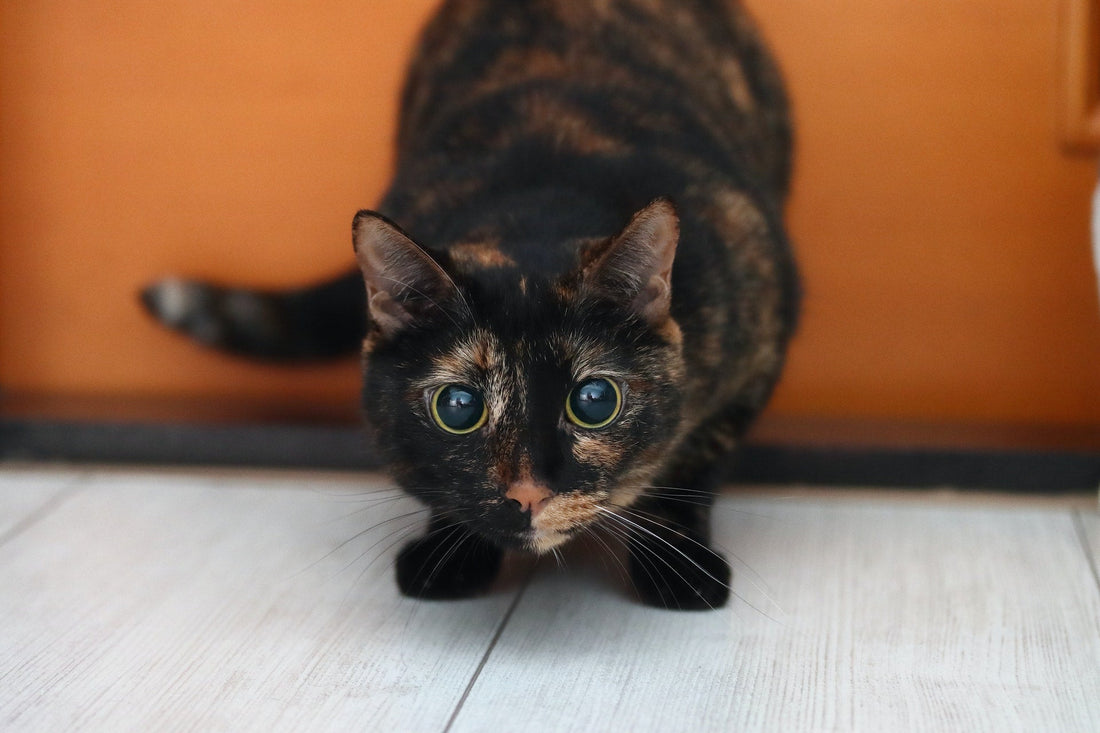Cats' kidneys play a vital role in retaining essential nutrients, conserving water, producing red blood cell, and removing waste from the blood.
Cats are particularly prone to kidney disease (or renal failure). Whilst it is mostly seen in cats over the age of three, it has a variety of causes. Exposure to toxins, infections, and malfunction of the immune system may all be responsible for starting a process of kidney disease.
Signs
Symptoms may not be apparent until your cats' kidney functions have been lost. This means that by the time your cats show obvious signs of the disease, it could already be in the advanced stages.
Excessive dehydration and increased urination are the main signs that your cats' kidneys aren't functioning properly. As kidney disease advances, other symptoms include:
- Weight loss
- Poor appetite
- Poor coat quality
- Bad breath
- Vomiting
- Weakness
Treatment
Unfortunately, there are no cures for kidney disease. Treatment aims to minimise the symptoms and slow the progression of the disease, by reducing toxin production and modifying your cats' diet.
Providing the proper nutrition for your cats can help reduce the risk of kidney disease and failure and can positively impact their life. Make sure you have fresh water available to your cats at all times. If your cats have been diagnosed with kidney disease, home nursing is very important. Consult your vet and ask about special cat foods that support kidney health.
It's recommended that your cats get their regular check-up at the vet. Also, it is helpful to document unusual tendencies you notice in your cats, such as the ones listed above.
Source: WebMD
Featured image by Newton Wong

